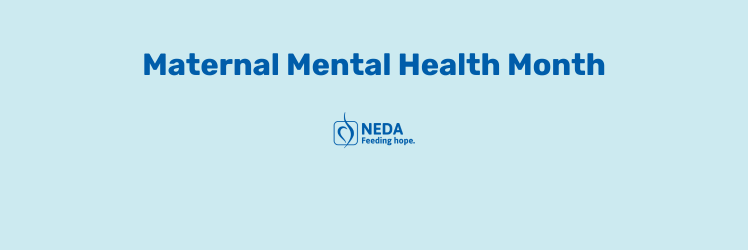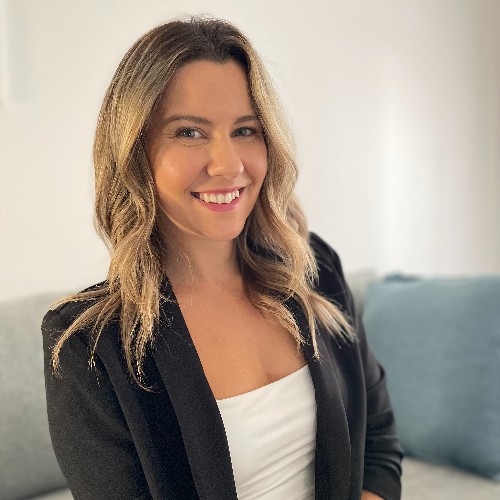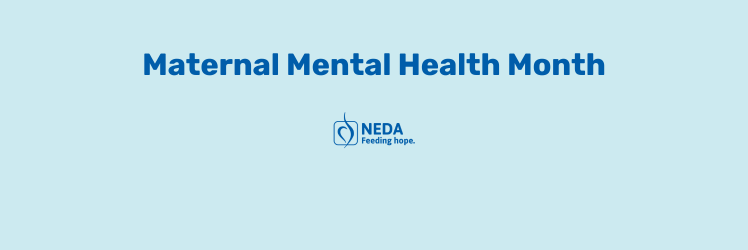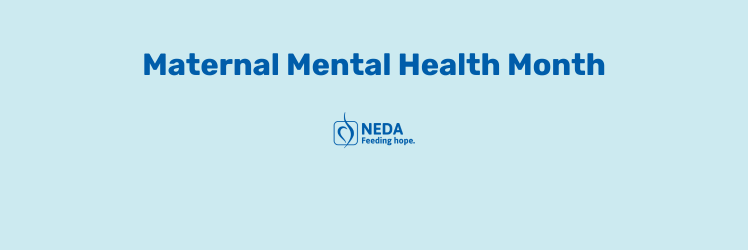I am a 32 year old female, raised in the millennial generation. This means I should be eligible for compensation from damages received by being subjected to shows such as America’s Next Top Model, The Biggest Loser, and pretty much every single MTV music video ever created in the 90’s and 00’s while I was navigating puberty.
I am also a psychologist, who has both a personal, and professional history of managing disordered eating patterns, eating disorders, and body image issues. And recently, in November 2022, I became a mother.
It is a disconcerting and destabilizing experience to become pregnant for obvious reasons. While there are many articles and google searches related to the ever evolving symptoms of pregnancy and how to manage them (with particular focus paid to managing the weight gain), the topic of the impact of pregnancy on eating disorders is not as widely publicized. This is a gross oversight, and I hope it can be researched and supported so much more in the future.
One of the biggest challenges that arose for me throughout my pregnancy journey was being told that gaining weight, and getting bigger (but of course, not “too big”) was no longer the ever feared ‘enemy’, but the goal. My jeans no longer fitting was something which was to be celebrated instead of commiserated, as it meant that the baby was growing, and healthy. Being told how I was “popping out of (my) skirt” was intended as a compliment, instead of a criticism. And being told how “big” I was getting (this occurred more times than I could count) was supposed to be met with a smile, instead of outrage. Comments and judgements from others on our appearance have long been documented to be a contributing factor to the development of eating disorders. If I wasn’t hyper focused on the changes in my body already, these comments ensured that I could focus on little else.
Not to mention the way in which my body was no longer my own, and I don’t just mean that it was being shared with a baby. People around me started to act as though a pregnant body was public property. People would touch and rub my rounded belly, without asking for consent first. This often triggered a fight/flight/freeze response as I was never prepared for the unexpected invasion of my personal space. People would offer unsolicited opinions on my growing body, as though I didn’t own a mirror and could not see the daily changes myself. While these occurrences initially brought many tears, they also created a great opportunity for me to practice asserting my boundaries. I was also able to educate people on the importance of consent, and the damage they can cause when providing unsolicited opinions on others’ appearance, pregnant or not.
This automatic, but short term, permission to suddenly be allowed to look different, to apparently be allowed to “eat for two” (please don’t believe that myth), and to not feel guilt for my growing body was incredibly challenging to navigate. There was also the unspoken rule that this permission had an expiration date. Once the baby was born I would only then be praised for looking like I had never been pregnant in the first place. What a twisted concept that one is…
While managing these eating disorder triggers was not an easy task, it was completely possible. A few weeks after finding out I was pregnant, I booked in with my own psychologist, as I firmly believe prevention is better than intervention. I was open and honest with my closest friends about the support I would need from them. I enlisted my partner to check in with me regularly, and to ask me what he could do to help whenever I was noticing old harmful patterns re-emerging. I journaled a lot. I reminded myself that growing meant I was keeping my baby safe and healthy. I focused on appreciating my body for what it could DO, not what it could look like. I booked a maternity photo shoot to step out of my comfort zone and document that incredible chapter of my life. I continued to engage in daily movement, and exercised in a way that listened to my body’s needs and temporary limitations. I also practiced gratitude, a concept that I use only after allowing myself to feel all the other feelings first. I was, and still am, very grateful that I was able to become pregnant. And yes, to answer the ever asked question…It was all worth it.
If you are pregnant and experience disordered eating, an eating disorder, or body image issues, please reach out to NEDA for support.
Stacey Linton is a psychologist, and a new mum. She has both personal and professional experience managing disordered eating patterns and body image issues. She is also a strong advocate for further support and research regarding the impacts of pregnancy on eating disorders.






